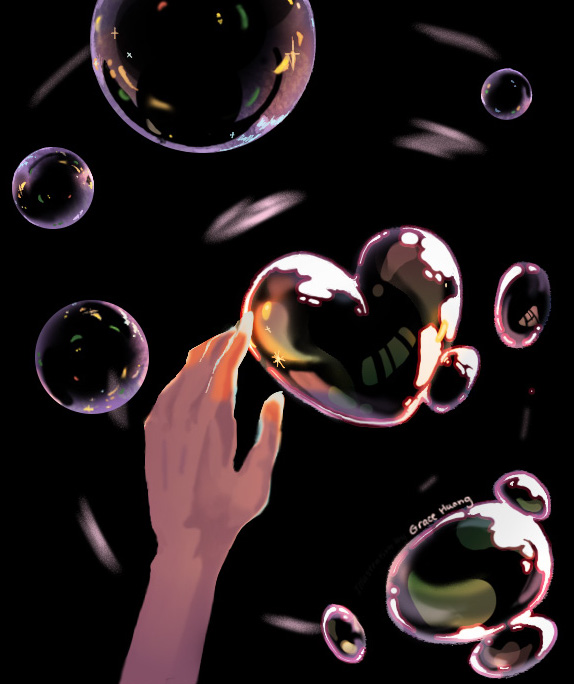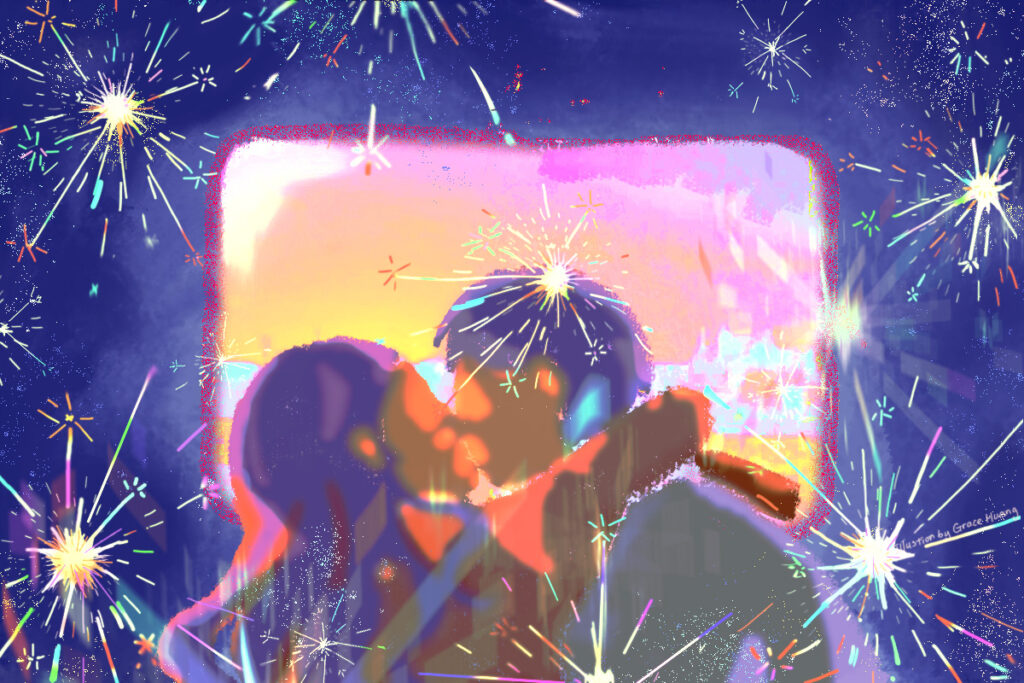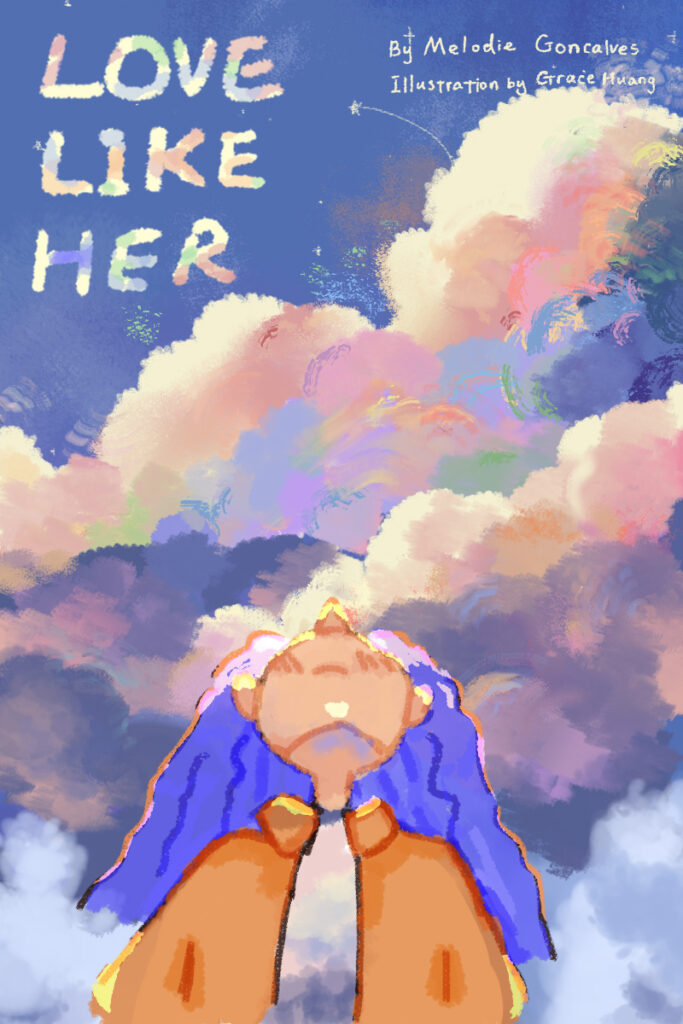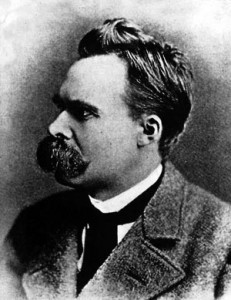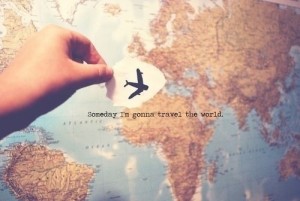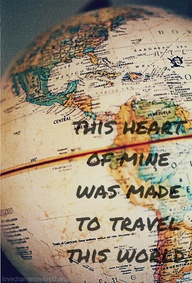One of the greatest takeaways from my time in college has been my understanding of cultural literacy. Knowledge and curiosity about other cultures has fundamentally altered the attitude and actions I take when interacting with the people around me.
When I first moved to Abu Dhabi for my freshman year of college, I held a lot of preconceived notions about what living in the United Arab Emirates (UAE) might be like. Prior to my departure, many of my friends and family worried about whether the country would be safe or accepting of foreigners like me. At that point, I had done a bit of research on the country, so I was relatively confident that I would adjust well, but it was only after my arrival that I understood the importance of cultural acceptance and open-mindedness. As someone who had never been in the region before, I found cultural expectations and religious considerations to be confusing at times, especially because unlike my home country, religion plays a major role in the UAE. During my orientation we learned about some general customs and norms within the country, including local religious holidays and practices, differences in the work week (Sundays to Thursdays!), and even ways to show respect for the culture in our public presence. In one of our first orientation seminars, we engaged in discussions about ideas of religion, secularity, and government. The orientation committee told us about religious and cultural taboos, and asked us, very politely, to refrain from wearing anything overtly revealing in public spaces. While most of these considerations were not strictly enforced or punishable, they reminded me to be mindful of the different customs of a foreign place, and this reminder became very important as I began to adjust to my new environment.
On my first visit to a mosque, I wore skinny jeans and a t-shirt, but was told at the entrance that such clothing would not be appropriate. The staff directed me to a changing room where I put on an abaya, a full length robe often worn by Muslim women in the UAE, that came with an attached hood as a replacement for a sheila, which is a headscarf worn to cover a woman’s hair. Quite frankly, I thought I looked ridiculous, but my appearance was much less important than actually visiting the mosque in the grand scheme of things, so I put on the garment and went inside to admire the grand architecture and detail put into every space. I came to understand that abiding by dress codes or other policies wasn’t so much an issue of obeying rules, but a way to pay proper respect to a sacred space.

Over time, experiences like this have revealed the importance of being open and considerate about the needs of others, and highlighted that the major comfort and due respect of others far outweigh actions that may cause minimal inconvenience to myself. Our student body is composed of people from various cultures and backgrounds, and it rapidly became apparent that I couldn’t simply apply my previous experiences or “common sense” to others because they might interpret situations very differently. At one point, I asked a friend of mine what wearing a hijab meant to her, and I learned that she believed the practice to be a show of faith and religious empowerment rather than the restriction some forms of media often make it out to be. I learned to respect their identities beyond basic courtesy, and paying attention to these cultural differences became a priority from then on.
When I began to travel more often, these experiences with cultural literacy helped me stay mindful and open to the traditions and practices in various countries, and ensured that I learned as much as I could during my temporary stays. It became essential that I visit at least one museum or gallery in each place that I explored, whether that be an art exhibition, or historical center. I’ve found that these institutions are a great avenue for learning about the local history, as well as the intersections between the locale and other sites, and I’ve often delighted in seeing signs and symbols of my own background represented abroad. Once I grew the confidence to navigate new environments with relative ease, I tried visiting these places and even exploring the cities on my own, and I’ve found these excursions to be periods of great reflection.
Visiting these institutes or seeing popular historical sites and landmarks often makes me think about aspects of humanity that seem to remain unchanged despite temporal and geographic differences. There is an appreciation and respect for the same subjects in art through every country and period regardless of the style or medium used, just as there are shared documentations of conflict and warfare locked in the glass display cases of every historical museum. There are mementos of the greatest achievements, just as there are relics of the periods of deepest suffering.
Being alone in a foreign place feels like zooming out of my own head and realizing how big the world is around me. It gives me time to take everything in quietly, without feeling the need to force conversation or constantly engage with others, and it has pushed me to renegotiate my comfort zone and my relationship with myself. Learning to be alone in a foreign place has taught me to take the time to appreciate differences in background and ways of living, while taking comfort in the moments or gestures that echo the familiarity of home. Being alone in a foreign place means immersing myself in a cultural space and allowing myself to take in the atmosphere, to learn about the backgrounds of others, and to grow into an individual more considerate and aware of the people around me.
Use this student discount for a taste of another culture with some Egyptian Street food!

By: Fiona Lin
Fiona Lin is a rising senior at New York University’s Abu Dhabi Campus pursuing a double major in Literature and Creative Writing and Art and Art History. She enjoys traveling, drinking tea, and learning new languages. In her free time, you can find her reading web novels or playing video games.
For over 20 years, the Campus Clipper has been offering awesome student discounts in NYC, from the East Side to Greenwich Village. Along with inspiration, the company offers students a special coupon booklet and the Official Student Guide, which encourages them to discover new places in the city and save money on food, clothing, and services. At the Campus Clipper, not only do we help our interns learn new skills, make money, and create wonderful e-books, we give them a platform to teach others. Check our website for more student savings and watch our YouTube video showing off some of New York City’s finest students during the Welcome Week of 2015.






